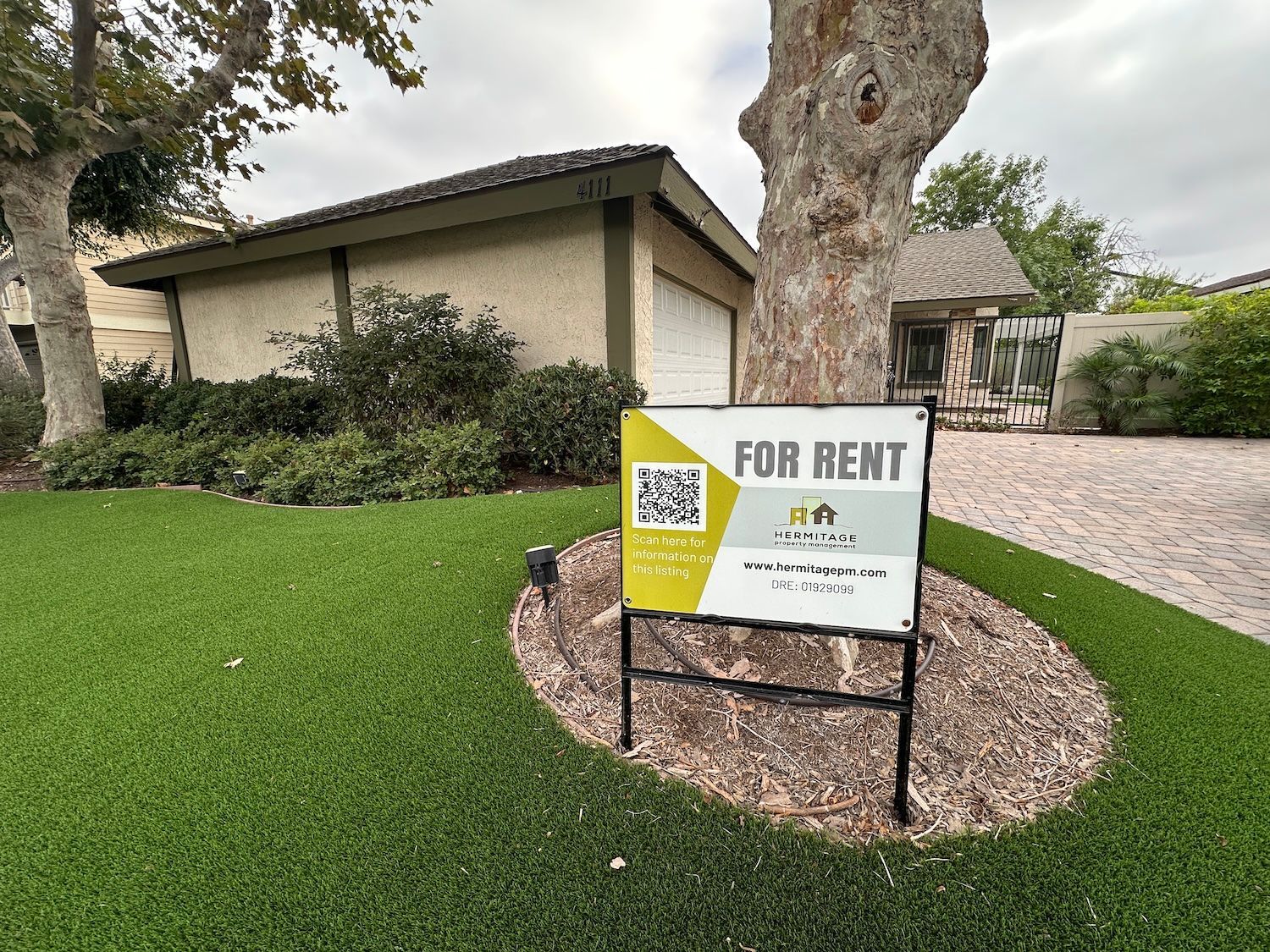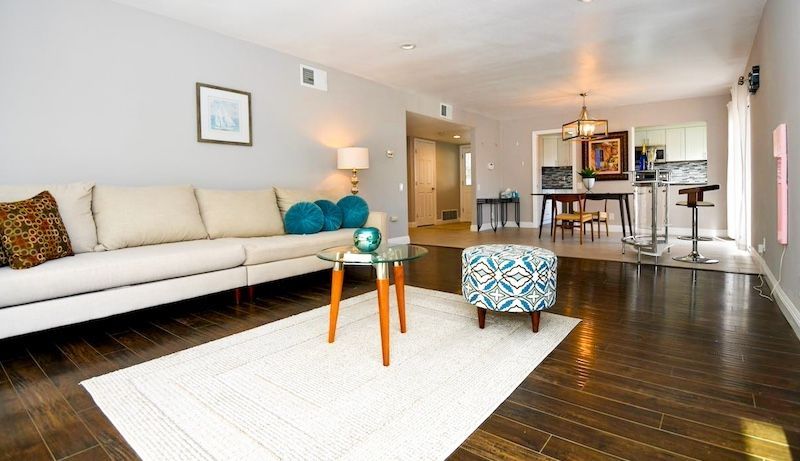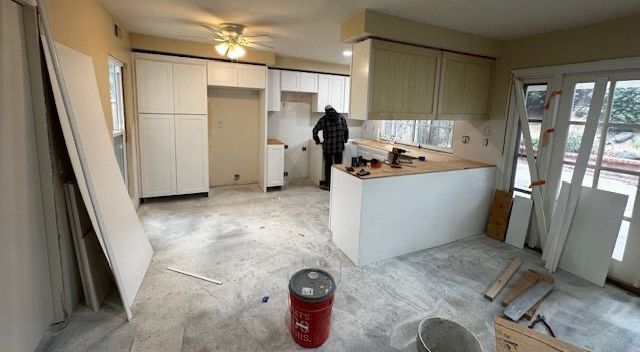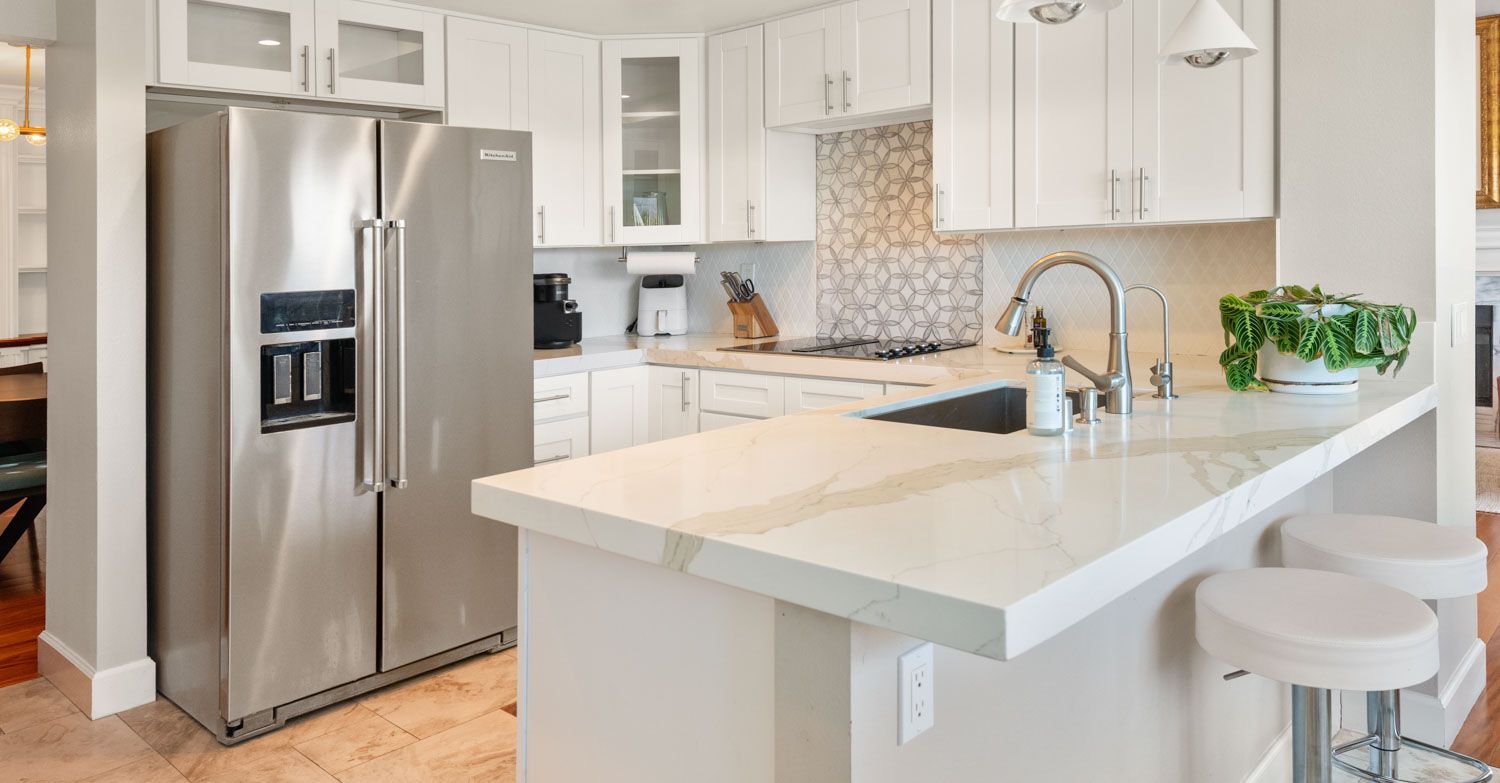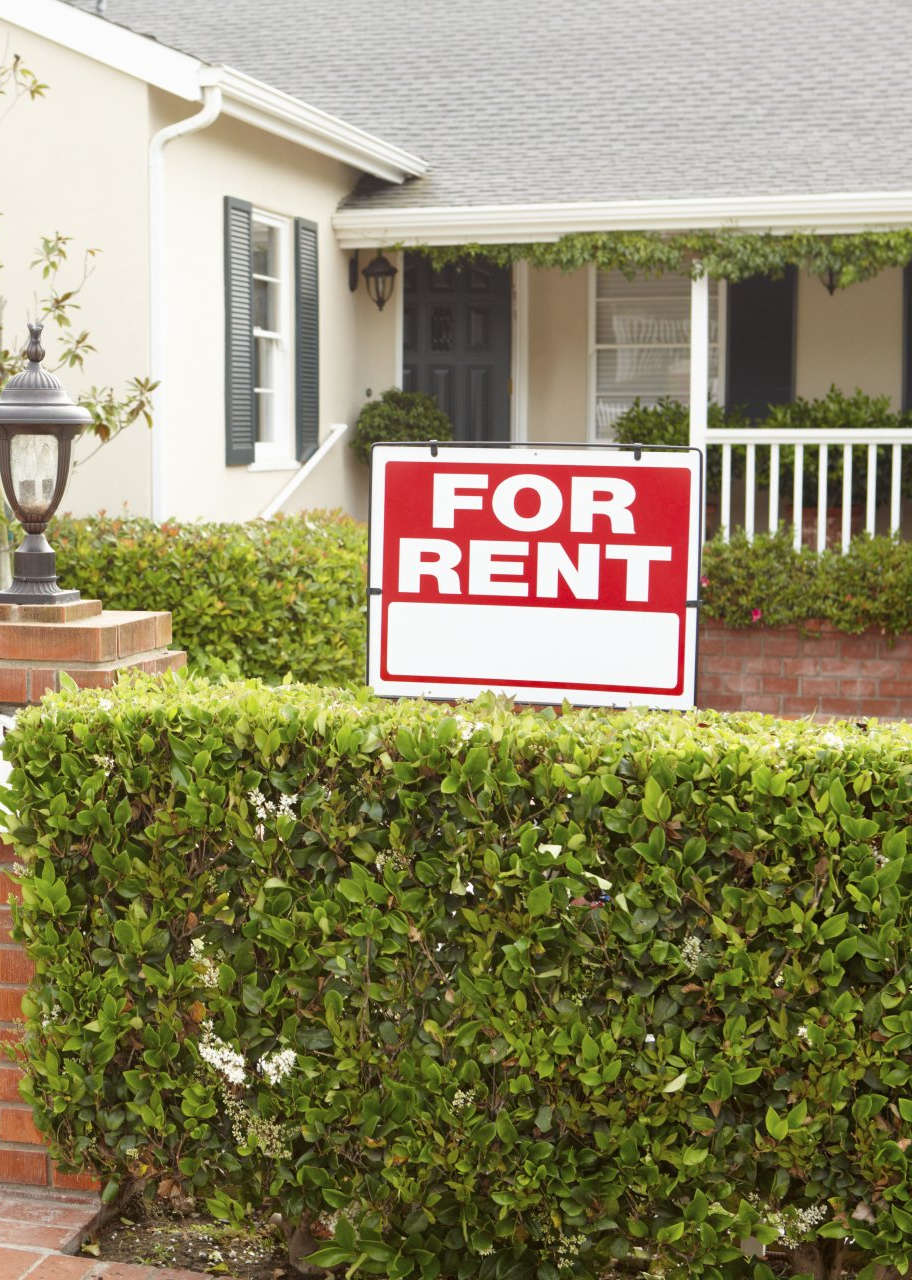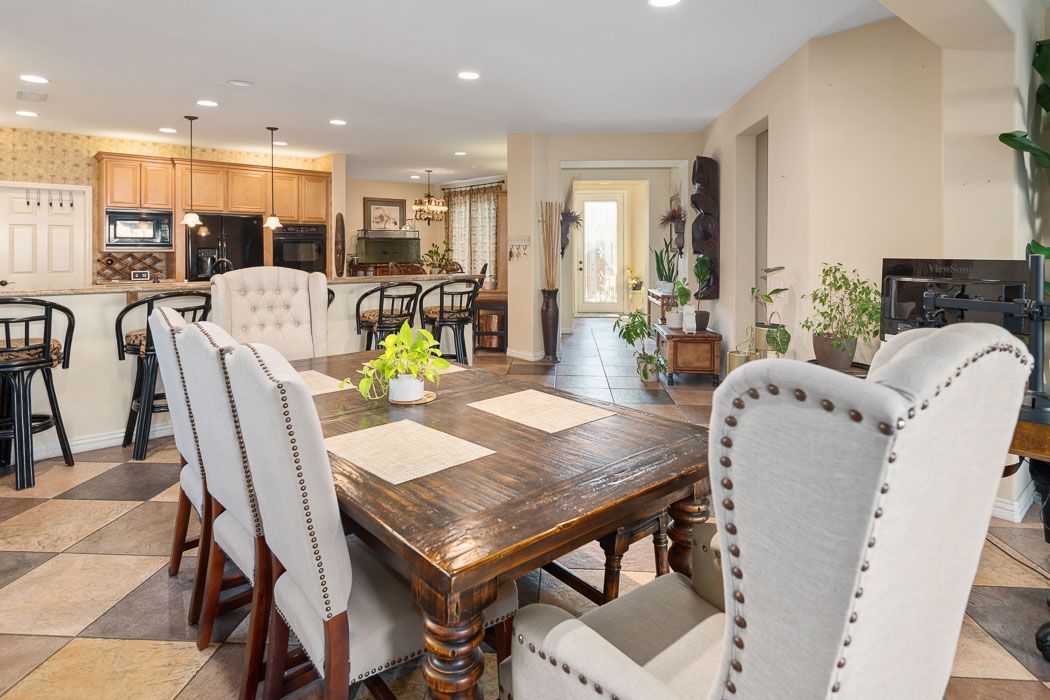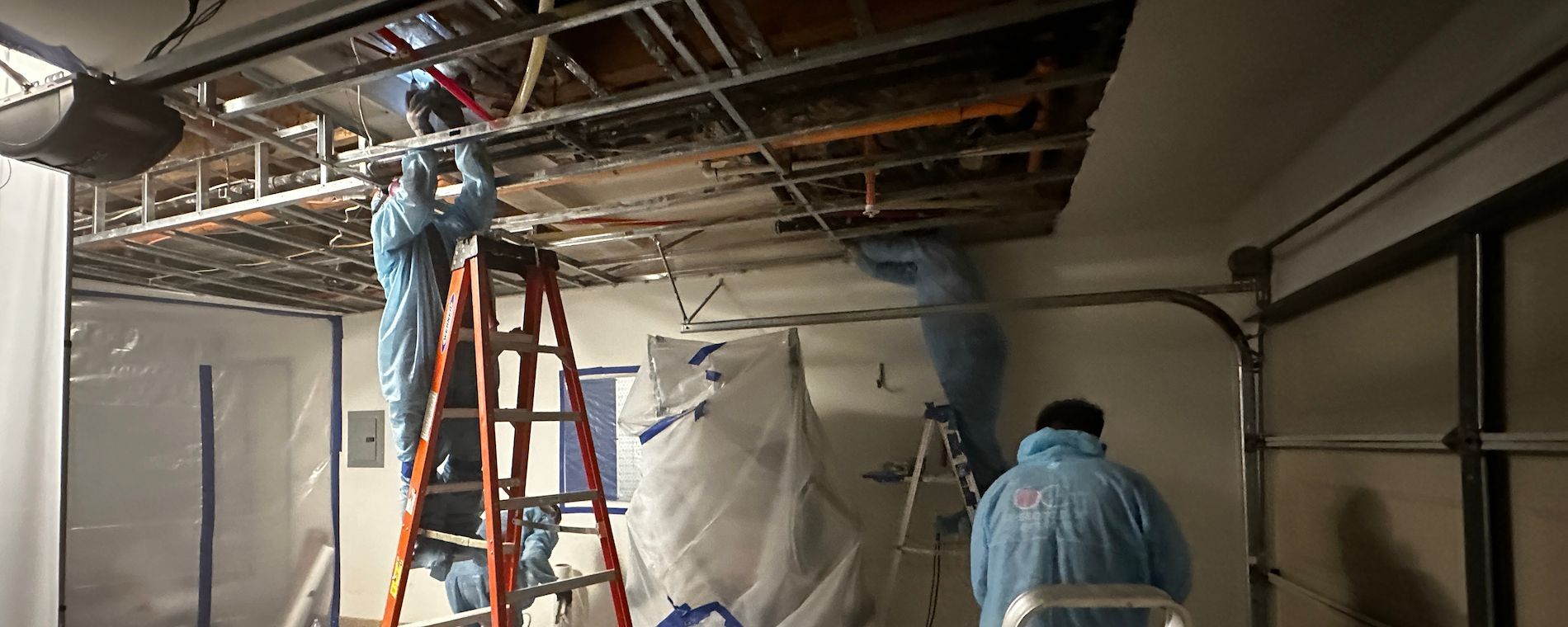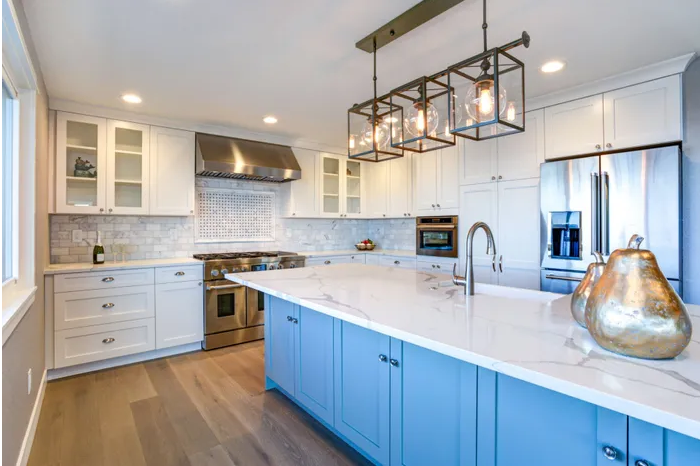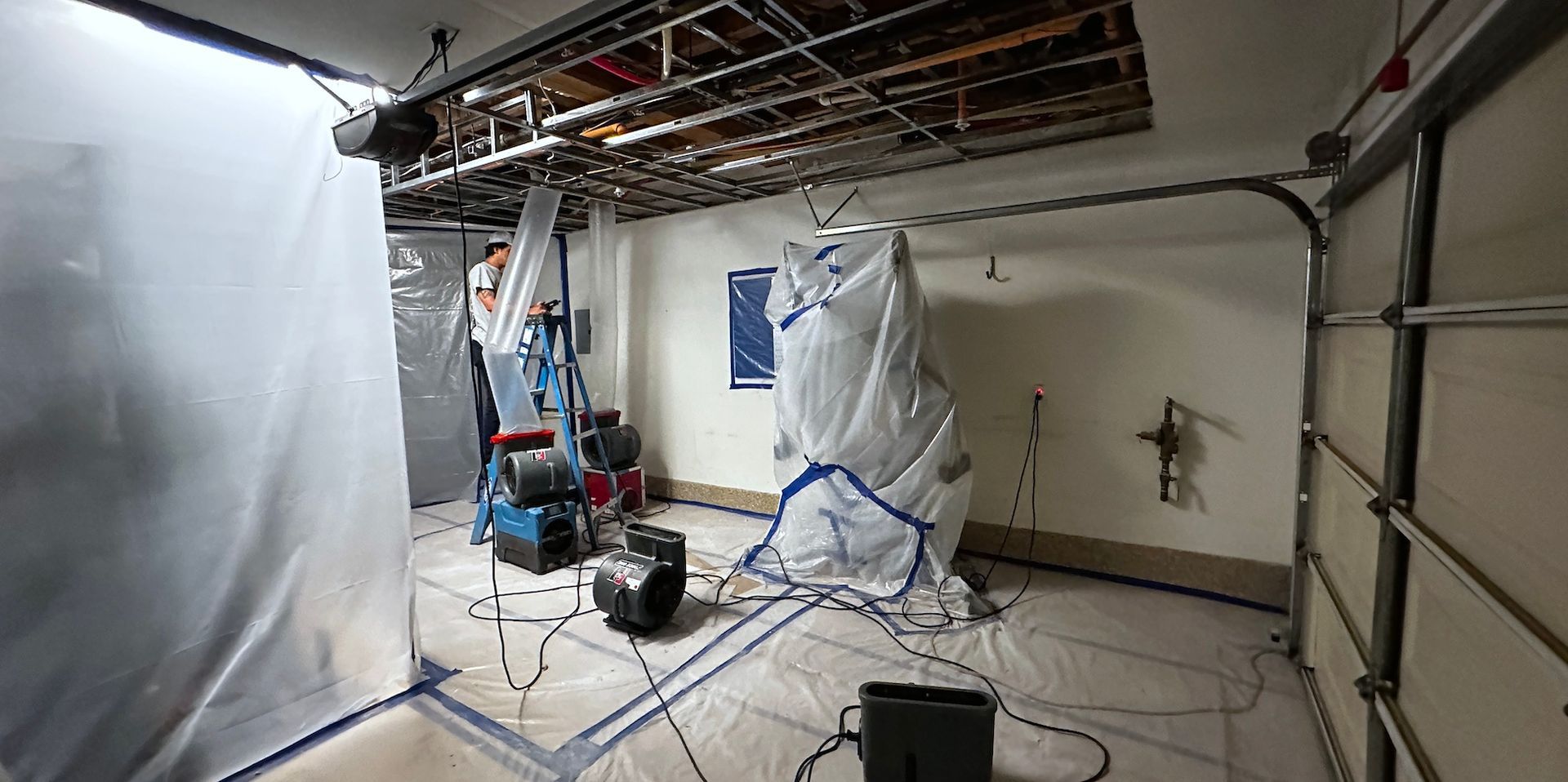Why hire a property Manager
Rental Market Slows down - What can a landlord do to get their single-family home leased quickly?

Over the past few months, we’ve noticed a significant decrease in rental activity. We have seen fewer lease listing inquiries and a significant decline in showings since last May. Homes are sitting vacant longer and not earning revenue for their owners. Just last May, the average days on market was 28 days nationally. Now, the average days on market is 36.
This drop in demand has resulted in a decrease in rental prices in California. Nationally, the monthly rent for one and two-bedroom homes increased by 1.2%, while California’s largest cities are experiencing a decline. According to a recent report by the rental platform Zumper, several major California cities have seen a decline in rental prices. Zumper’s Report analyzed data from over one million active listings across 100 cities and found that seven out of eleven major California cities reported negative annual rent rates for one and two-bedroom units. Notably, Oakland and Sacramento saw their monthly rent fall by 9.1% and 8.1%, respectively, and Los Angeles saw a 5.0% decrease.
Interestingly, the report suggests that the primary driver behind the falling rental prices in California is not an increase in housing supply, but a decrease in demand. There are less people out looking.
With this as a backdrop, it’s important to consider the key factors a landlord can use to quickly lease their single-family home in today’s challenging rental market.
- Price: Is the home priced realistically for the current market? Does it make sense in an environment where demand is low and there is a lot of inventory to choose from?
- Property Condition: How does it show? Is it upgraded, has fresh paint, new carpet or flooring; is it clean and equals or surpasses the competition?
- Marketing: Where is the property listed and what does the marketing material look like?
1.) Competitive Pricing:
- Pricing is the most crucial factor We advise drilling down to the actual neighborhood where the property is located. If two similar homes are listed for lease and one is in a gated community and the other is located on a busy street or railroad, they shouldn't be priced the same. Pricing a home to reflect its current condition, amenities, location and the current market factors is critical. Monthly rent prices are available at a fingertip and prospective tenants know how much a particular home should rent for. With 12 years of experience, we’ve learned that a tenant who understands the value of the property they are renting is more likely to be financially savvy overall with their finances. This usually correlates into them keeping a budget and most importantly, paying their rent on time.
- Consider Demand and Supply: In high-demand areas, a slightly higher price may be acceptable, but look at the competition to see how many Active Listings match the subject property’s criteria to ensure you’re not under or overpriced. For example, how many 3 bedroom, 2 bath homes are listed for lease and what is the price range? If you are at either extreme, review why.
- Be Flexible: If the home isn’t renting as quickly as expected, consider incremental price drops, such as $50 per week until interest picks up. We’ve heard the argument that if you go too low, you will get low-ball tenants. That’s what tenants screening is for!
- Do the math. Does it make sense to incrementally lower the price on a systematic basis, or keep the price the same for an extended period of time and hope the phone rings. The bottom line on pricing: it doesn’t make sense to try to squeeze out every last cent on an annual lease. If lowering the rent $50 on a $4000/month rental gets a home leased in 15 days instead of 30, you’ve saved $1400. It’s a no brainer.
2.) Condition of the Property
- The physical condition of the home: How a home shows plays a significant role in how quickly it will lease. Remember that a prospective tenant has made her decision to consider applying for a home within 30 seconds of walking in the door. So it is better to strive for a good first impression. Additionally, the old adage that quality attracts quality was never truer. A well-maintained home that has been upgraded and is freshly painted with neutral colors and is bright and clean helps a property stand out against the competition. Landlords should want to give applicants the impression that they will be moving into a home that is well cared for and is owned by a landlord that is responsive and cares about their tenants. Tenants can immediately tell if a landlord takes care of their property. If the landlord does, so will the tenant.
Six factors to consider:
- Is the home clean and presentable: Make sure the home is clean from top to bottom. This includes scrubbing floors, carpets, windows, and bathrooms - and clean behind and next to kitchen appliances.
- Repairs and Maintenance: Take care of any repairs before listing the property. This includes fixing plumbing, electrical, and HVAC issues, replacing worn-out appliances, painting, removing moldy caulking and replacing dated light fixtures. IMPORTANT NOTE: Complete these repairs before starting the showing process. Hoping an applicant can look past the impending repairs won’t work in a competitive market.
- Curb Appeal: First impressions matter. Ensure the yard is tidy, the lawn is mowed, and landscaping is green, neat and maintained. A well-kept exterior gives renters confidence that the home is in good condition.
- Home Features: Make sure to showcase amenities such as an updated kitchen, spacious bedrooms, ample closet space, home office areas, or recently upgraded bathrooms. Features like energy-efficient appliances , smart home technology, or high-end flooring can also increase interest.
- Outdoor Space: A well-maintained yard with a patio, garden, or space for pets can be a huge selling point. Even if the property is small, any outdoor space offers a significant attraction.
- Modern Appliances: If the kitchen or bathroom appliances and fixtures are outdated, consider upgrading to stainless steel, energy-efficient options. Tenants tend to prefer homes with updated appliances because it reduces their utility costs and long-term maintenance concerns.
3.) Marketing:
- Great marketing can make or break your chances of leasing quickly. In today’s digital world, the vast majority of renters conduct their search online and poor-quality photos and, or a lack of information can turn them away immediately.
- Marketing materials should accurately describe a property. An accurate, detailed, concise listing description that highlights the key selling points is vital. Include information about the neighborhood, nearby amenities, public transportation, and schools, especially if they’re desirable.
- Most importantly, landlords should use professional photographs of the property. The days of a realtor using his iPhone to take marketing photos are long gone.
- Tips for professional photos:
- Make sure there is lots of light, both natural and light fixtures.
- Declutter, remove personal effects.
- Show both interior and exterior shots, including living areas, bedrooms, bathrooms, and outdoor spaces.
- A virtual tour or video walk-through can also be a huge asset.
- Caption your photos - don’t be cute.
- Floor plans with room measurements are a huge value.
- Advertise on multiple platforms including Zillow, Trulia, Realtor.com, and Homes.com. Don't forget about local social media groups, especially Facebook Marketplace and Instagram.
- In a competitive market, quick response time is essential. The sooner you respond to inquiries or applications, the higher the chance of leasing the property quickly. Landlords and property managers should reply to emails, messages, and phone calls as quickly as possible. If a potential tenant sees that you are prompt and organized, they are more likely to want to rent from you.
- Scheduled Showings: Offer flexible showing times to accommodate potential tenants’ schedules.
- Having a clear tenant screening process can help you find a qualified tenant more quickly and reduce the risk of future problems. Good tenants are more likely to rent from you quickly if they feel confident that the leasing process is straightforward.
- Application Process: Make sure you have a clear and easy-to-follow online application process. Collect key information like income, rental history, and references.
- Credit and Background Checks: While you want to rent quickly, it’s crucial to perform Credit/Eviction and background checks to ensure that applicants are reliable and will pay rent on time.
- Income Verification: Ensure that potential tenants can comfortably afford the rent. A general rule is that renters should earn 3 times the monthly rent.
- Landlord Rental history checks are helpful. Reach out to an applicant's last two landlords for rental payment history, lease violations and any other information concerning an applicant that may represent red flags. Read between the lines to understand if the applicant is “high maintenance”.
By implementing these strategies, you can significantly increase your chances of leasing your single-family home quickly. The key is to make the property appealing, priced right, and easy to access for potential tenants, while also providing an efficient and professional leasing experience.
